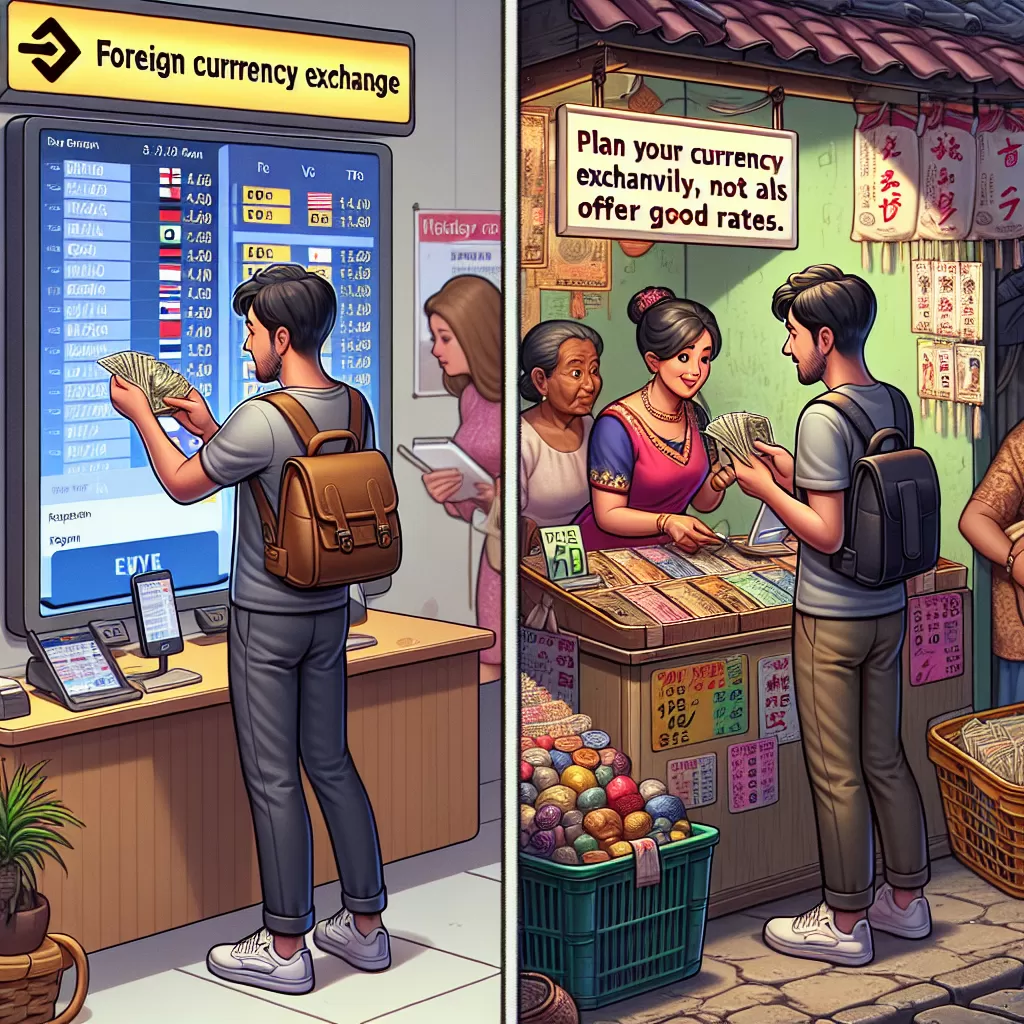When To Exchange Currency

Mastering Timing: When to Exchange Your Currency
The world of currency exchange can be a complicated one, but with the right knowledge and timing, you can simplify the process, saving you both money and time. As the Guardian of currency exchange, I will guide you through the labyrinth of numbers, fluctuations, and rates to help you understand when to exchange your currency.
Understanding Currency Fluctuation
Currencies across the world are continuously fluctuating due to a variety of factors such as economic indicators, political events, and market psychology. Understanding these factors can give you an inkling as to when it might be a good time to exchange your currency. For instance, a strong economic report could boost a country's currency, making it a prime time to make a switch. Staying informed about global economic and political happenings can give you an edge in the currency exchange market.
When Rates Are in Your Favor
Simply put, the best time to exchange your currency is when the rates are in your favor. Suppose you're planning to travel abroad or have a vital foreign transaction up in a month. In that case, you can start watching the exchange rates a few weeks to maximize the value you get from the exchange. Exchange rates could vary widely over a short period, hence tracking the rates could potentially save you a lot of money.
During Non-Peak Hours
Exchange rates tend to fluctuate most during peak trading hours when the foreign exchange (Forex) markets are open. In this period, large volumes of currencies are getting traded, causing higher volatility in exchange rates. For casual traders, it might be more ideal to exchange during non-peak hours. During these times, the fluctuations might be less, granting a more stable exchange rate.
Avoid End-of-the-Month Trading
End-of-the-month and year-end trading often see a surge in market activity. Many traders are closing their positions or implementing new ones, triggering a greater variability in currency rates. Unless you are an experienced trader who knows precisely how to leverage these variations, it's wise to avoid exchanging your currency during these periods.
Plan Ahead
Being strategic about when you exchange your currency can lead to significant savings. Are you going on a trip in a few months? Or planning a large purchase in a foreign currency? Start tracking the exchange rates well in advance. This will allow you to exchange when the rates are most favorable and avoid the stress of last-minute currency exchange – which often leads to undesirable rates.
Use Online Platforms
Thanks to technology, online platforms allow you to keep an eye on the exchange rates without having to set foot in a bank or exchange bureau. Many platforms offer alerts when the exchange rates hit a certain level, enabling you to exchange at optimal times. They can provide an efficient way to handle your currency exchange needs from the comfort of your own home.
Conclusion
Deciphering the best time to exchange currency is more art than science, requiring a combination of careful planning, meticulous tracking, and a sensible reading of the financial environment. While it may seem complex initially, understanding the impact of economic indicators, tracking exchange rate movements, and capitalizing on stable periods can give you a powerful edge. As your guide through the labyrinth of currency exchange, I hope this article enables you to navigate this realm with confidence and ease.